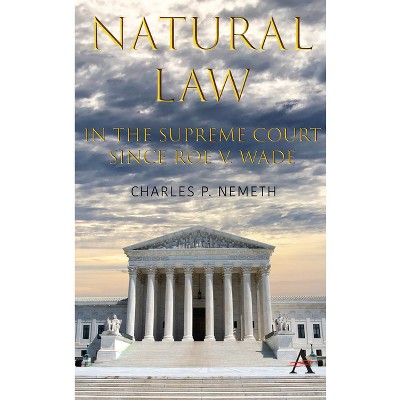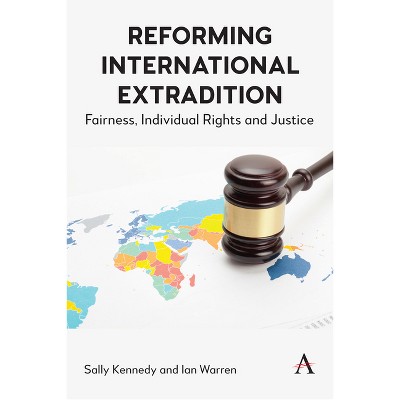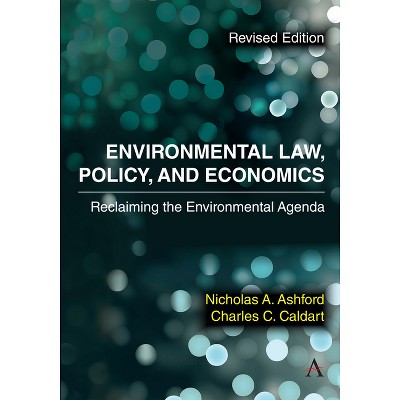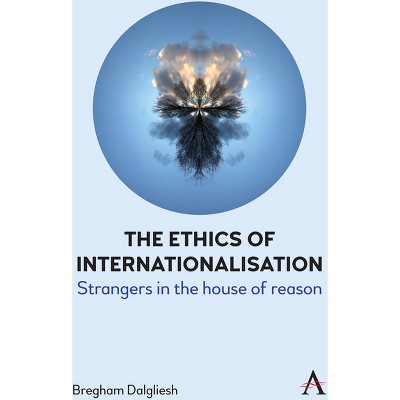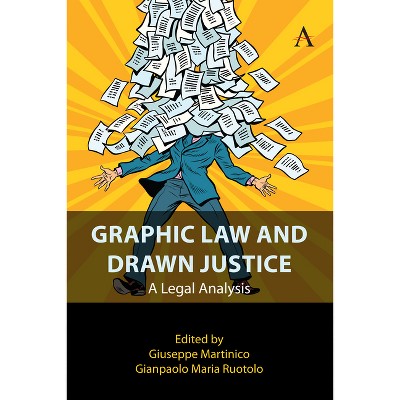About this item
Highlights
- C.S. Lewis was moaning over lunch to Owen Barfield.
- About the Author: Charles Foster is a Fellow of Exeter College, Oxford.
- 250 Pages
- Freedom + Security / Law Enforcement, General
Description
About the Book
This book presents a philosophical and legal inquiry into the sort of creatures we are, and so how to live well and behave well, and an indictment of the failure of the Academy to address these foundational questions.
Book Synopsis
C.S. Lewis was moaning over lunch to Owen Barfield. Lewis referred to philosophy as a 'subject'. 'It wasn't a subject to Plato', said Barfield. 'It was a way'. That is how the ancients saw it: as a search for practical wisdom - wisdom that would enable humans to live as they should. That would be a very unfashionable view today. Philosophy, in the modern academy, is typically just a subject: a subject to be taught and talked about from nine to five, and then left behind when the real business of life starts.
Lawyers, who seek to regulate the whole of human life, in all its complexity and glory and messiness, cannot leave their philosophical presumptions at the office when they come home. If they are practitioners, they are involved in brokering uneasy compromises between individual freedom and societal thriving. One would have hoped that the lawyers and the philosophers would have something to say to one another. Yet often they share no common language or interest. This book is an attempt to get them talking. It is also an indictment of the way that the Academy - in the fields both of philosophy and law - conducts itself. The Academy is often characterised by presumption, intellectual cowardice, conservatism, envy and downright nastiness. No wonder little that is done there spills over into the real world.
The book is a series of essays which, between them, cover many of the most pressing and foundational questions of our day and any day: the state of the Academy, religion and metaphysics, epistemology and the right use of intuitions, universal mind, quantum entanglement and causation, identity, freedom, human value and disability, genetics, animals, aliens, sexual ethics, abortion and other questions of reproductive ethics, the merits and demerits of culture, Brexit, the challenges of technology, research ethics, pandemic ethics, consent to medical treatment, end of life decision-making, environmental ethics, and the business of the law and its relationship to ethics. Behind them all are the most important questions of all: What sort of creatures are we? And how should we live?
About the Author
Charles Foster is a Fellow of Exeter College, Oxford.
Shipping details
Return details
Trending Book Pre-Orders







